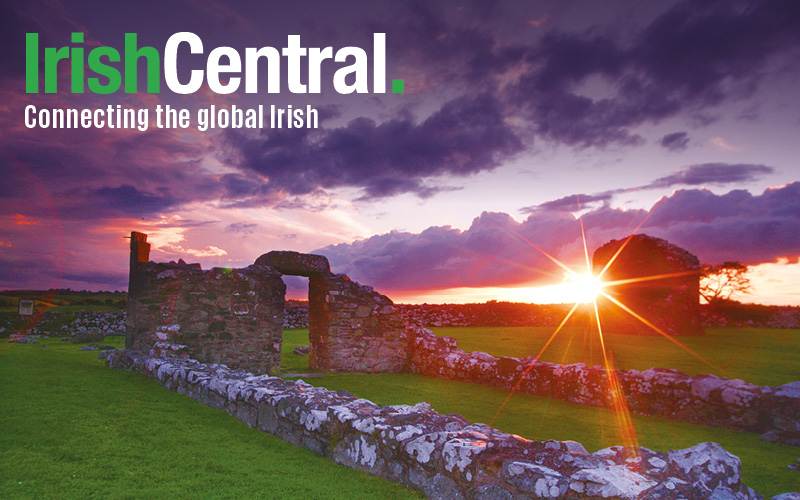For better or worse, it’s not the first time things have felt that way. Dorothy Day -- unapologetic radical, and as of last month, a step closer to becoming an actual saint -- could tell you all about that.
One of the most famous Catholics in American history, she faced scorn, rage, and even physical violence from her co-religionists -- not a few of them Irish.
As noted in a new biography, Dorothy Day: Dissenting Voice of the American Century, the likes of Cardinal Francis Spellman and William F. Buckley resented the fact that the movement Day led was proudly known as the Catholic Worker movement.
Which was also the title of the newspaper that took up the topics that were important to Day, and sure do seem familiar -- voting rights, police brutality, racism, war.
Read more: Jimmy Breslin knew Trump was a bigot before the rest of America did
Day’s latest biographers, John Loughery, and Blythe Randolph, make it clear that while famous Irish Americans were among her biggest enemies, it’s also true that less-prominent Irish folks played a central role in Day’s life.
After giving birth out of wedlock to her first child, Day was thinking about having the child baptized into the Catholic Church. This even though Day herself had not yet converted. And was not married. And the baby’s father was also not Catholic.
This did not prevent Day from “approaching a sixty-year-old nun she saw passing by on the street,” Loughery and Randolph write.
Sister Mary Aloysia Mulhern could have kept on walking. Or even scolded Day for her transgressions.
But the Irish nun was willing to talk to Day about her child, about baptism, and Day’s own religious yearnings.
The fact that Day’s own father, upon hearing that Dorothy might convert to Catholicism, exclaimed, “Only Irish washerwomen and policemen are Roman Catholic,” probably made the church all the more appealing to Dorothy.
That’s the kind of person she was. Contrarian. Fierce. Unable to keep her mouth shut in the face of injustice.
Read more: Eight Irish women writers who match up with Joyce and Yeats
And so it is only natural to wonder what she would say about the state of our nation these days, with thousands stricken by a mysterious virus, and millions more stricken by poverty, narrow-mindedness, bitterness, rage, racism.
This we know: Dorothy Day believed in the power of hitting the streets, no matter what the price.
Working with the Brooklyn-born, Irish Catholic crusader for women’s rights Lucy Burns, Day took part in a Washington march demanding the right to vote for women, in 1917.
“The women were jeered as they marched; boys threw stones. A sailor in uniform jumped from behind the barricades and attempted to wrestle Dorothy’s banner from her hands,” write Loughery and Randolph.
Things only got worse when Day was hauled off to the “infamous Occoquan Workhouse,” which “lived up to its reputation for brutality.”
Day, in fact, always took “pride in having suffered a cracked rib from a cop.”
On a deeper level, Day believed religion was a call to action. “The New Testament called on all believers to fight racism, war, and poverty, or it meant nothing at all,” Loughery and Randolph write.
And so, over the decades, Day would not only anger but also inspire, many Irish Americans. People like Irene Naughton, arrested in the 1940s for protesting racial segregation at a New Jersey amusement park, “undaunted by the brutality of the cops.”
Last month, advocates for canonizing Day as a saint announced that documentation for the case is nearly complete. It is often forgotten that New York’s John Cardinal O’Connor played an important role in the early days of the unlikely movement to promote Day’s case for sainthood.
Either way, we know this: sainthood meant little to Day. "Don't make me out to be a saint. I don't want to be dismissed that easily,” she said.
What she meant is that tough times require actions that make the world a better place. Seems like an important lesson these days.
Read more: The ultimate Irish reading list with IrishCentral’s Book Club




Comments